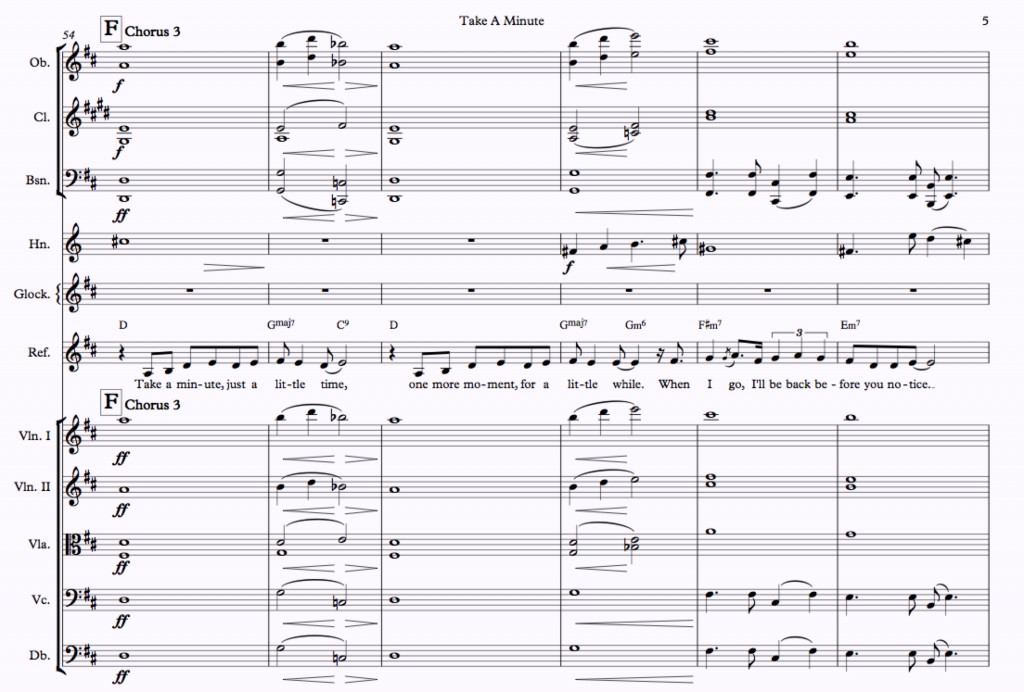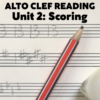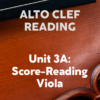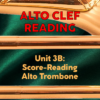Thursday, 9 January
It’s 4:20 a.m. as I start this journal entry. Usually around this time of the morning, I like to be starting my workday. But in fact I’ve just finished up a song. It’s all due to the previously mentioned logistics forced upon my schedule by vacationing in this place. This morning, I woke a bit hazy, but quite ready to get to work. I sneaked off to the holiday camp lounge, installed myself with laptop, minikeys, and headphones, started in on my morning’s work, and then noticed that it was, in fact 1:35 a.m.! I had this feeling that I should have taken my bedside clock along with me.
Anyway, I just decided to tough it out and keep going, which turned out well as I completed song #4 on my roster. As I type, I’m tossing around the concept of going back to bed soon, and the idea of catching up with the rest of the night’s sleep is slowly winning out. But I’m glad of the work that I was able to do, as I’ll be changing locations and situations over the next three days before returning to Wellington, and I’m unsure of how suitable my environment will be for early-morning sessions of scoring. Certainly I won’t be able to work 8-hour days unless I’m much mistaken.
On top of that, yesterday’s work broke off after only a couple of hours. Why? My brain just needed a rest after a 5-day splurge of scoring. I frittered around a bit after making a start on the song “Take A Minute” by Sharon Corr, did a little busy-work, listened to the daily broadcast of my current Radio New Zealand Concert-FM series, “Composers On Camera,” and dropped in on the Orchestration Online Facebook group. It was nice to have a few hours off, and my focus was much sharper this morning as a result. But as a shameless orchestration drone, there’s always going to be a part of me that resents taking time off, even during a working vacation like this one. Silly, but it’s the force that makes the grass grow, and there’s really no reason behind it except for the impulse to continue moving forward.
As to the song – I really appreciated the craftsmanship of the songwriting and the quality of the existing arrangement. Whether Corr intended it or not, it comes off to me like a paean to those insidiously brilliant pop opuses of the 1960 as composed by Carole King and Burt Bacharach, only with far more taste than the latter. In fact, sitting generously on the lower part of her tessitura for most of the song, Corr sounds a lot like a latter-day Karen Carpenter. Not that I listen to that stuff in my spare time, mind you – but I can appreciate virtuosity in any style, especially when a new perspective helps references like find new relevance as culture moves forward. I really dug the chord structure of the song:
Verse: D – G, Gm – D – G, Gm – F#m – Em7 – Gmaj7 – G6, Asus4, A
Chorus: D – Gmaj7, C9 – D – Gmaj7, Gm6 – F#m7 – Em7 – G6 – A etc.
Bridge: Bm – Bb+ – D/A – Gmaj7 – Bm – Em – Bm – G, A

On top of this, the recorded version uses a very lush, stylish orchestral arrangement for strings, solo horn, and glockenspiel. So what’s an orchestrator to do? Simple. In the first place, Sharon Corr will probably be listening to the orchestra and as a violinist herself of some talent, she’ll undoubtedly be expecting to hear certain cues. So I don’t want to mess with it too much. The answer is: adapt. I therefore expanded it sound as rich as possible with wind doubling, plus filled in harmonies and corrected a few passages to work better live than in the original single release mix. The result is something intended to really soar along with Corr, giving her huge lift towards the end, while still keeping to the flow of accompaniment she knows. And yet the strings aren’t a carbon copy of the original by any means, though they do quote some passages quite closely to be sure.
Dear me, I’m feeling pretty fuzzy around the edges after all that typing. One last thing worth mentioning as I sign off. While the last two songs have been pretty simple to adapt from existing orchestral arrangements, and they took less time, that doesn’t mean that they were “easy” to do. Things that take longer can be easier sometimes. Given my druthers, I find the arranging of a song with no prior orchestral version to be the most inspiring, even if it’s sometimes a longer job. A fresh canvas gets the brightest colors from me.








